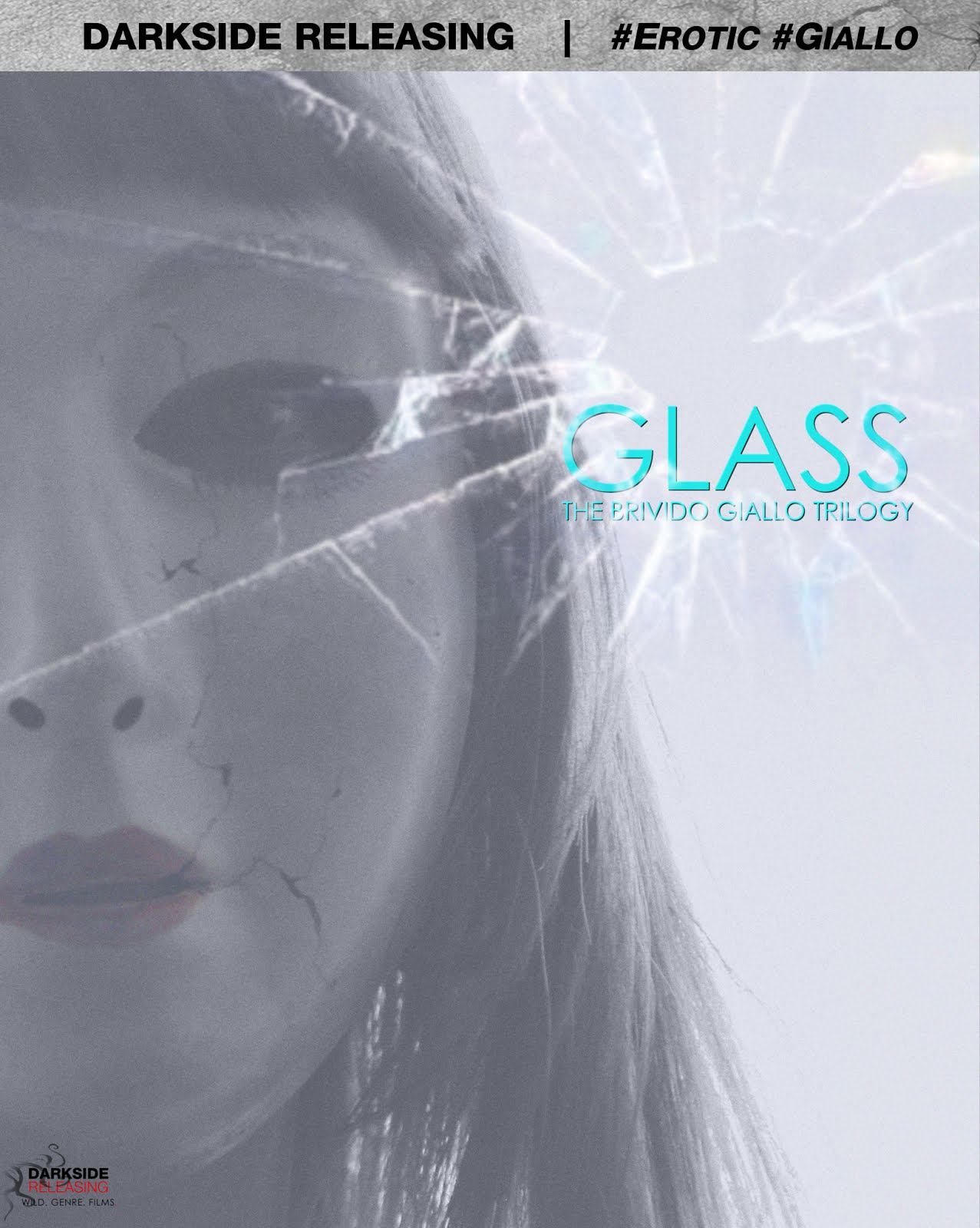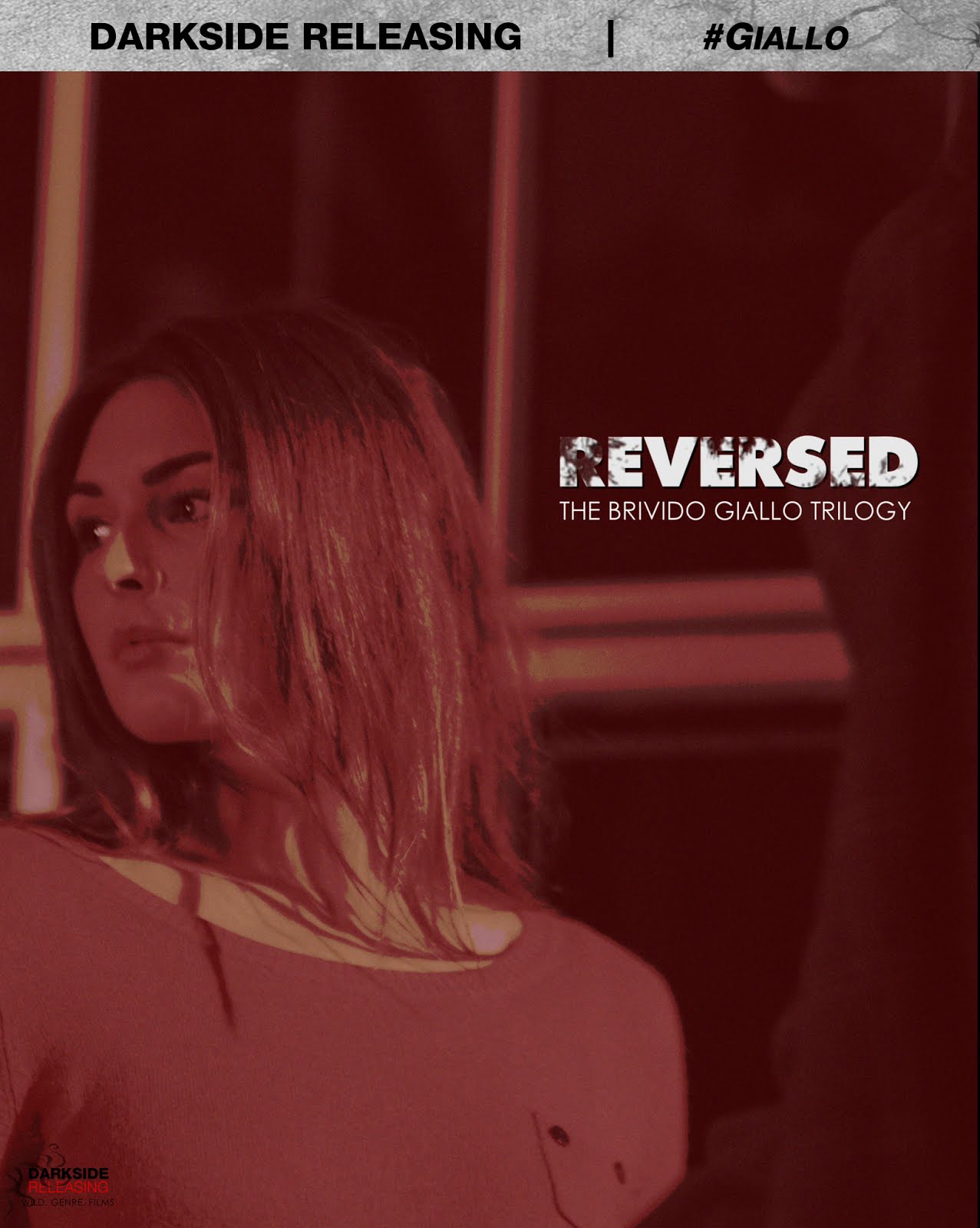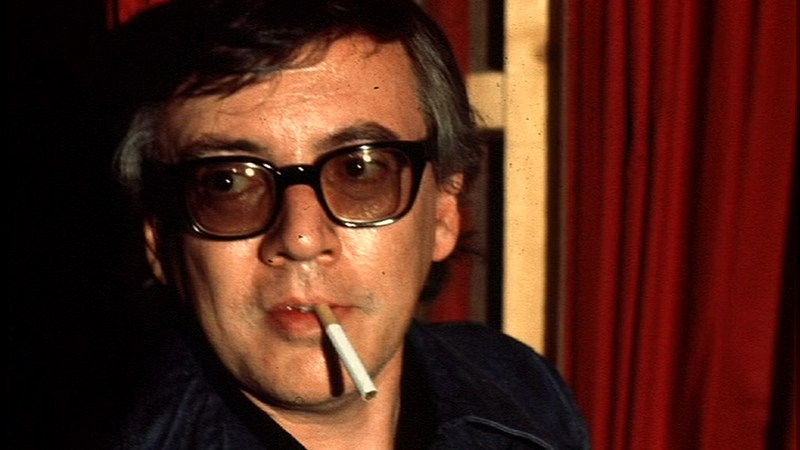Caption from the last post on the ongoing series of retro genre
books... “'The Devouring', which is by far the most fast-paced
and fun of the group of old TOR Horror novels I've recently gotten
myself into...”
Okay, so going from there, yes, I can say that “The Devouring”
did not disappoint! Actually, it was one of the best TOR Horror
paperbacks I'd ever read, author F.W. Armstrong kept things fast,
lean, and mean, with a fun and humorous sexual edge to everything.
The book starts out as a vampire novel when a thirteen-year-old
Halloween trick-or-treater winds up killing a older couple after the
woman opens her door to the young girl. She sucks their blood, she
turns them on, she brutally slays them and escapes, and in a clever
little turn of the story, she is actually treated as the victim in
the events. Until a savvy female police detective suspects otherwise
– of course, her male colleagues think she's mistaken, and possibly
emotionally involved for reasons unknown. But the vampire curse
continues through all of the victims, turning them not into vampires
exactly, but into emotionally-driven violent shape-shifters who are
able to channel their violent emotions into a mutated and monstrous
(and at times sexual) into a new physical version of themselves,
wherein they act out everything they've mentally repressed over their
lives. All of this craziness prompted me to delve into more research
on this book and its author, where I discovered two amazing things:
First, that “The Devouring” was actually the second in a
three-book series (the author never really let onto this within the
narrative of “The Devouring”, obviously preferring the reader to
enjoy each book as a stand-alone story); and Secondly, that author
F.W. Armstrong was actually a pseudonym for real-life author
T.M. Wright, who had been published by TOR Horror several times, over
the length of his career that also included the cult horror novels
“Strange Seed” and “A Manhattan Ghost Story”.
Sadly, T.M. Wright, massively prolific author of pulp horror who had
one point had his books optioned for Hollywood films (these never
came to cinematic fruition), passed away on Halloween in 2015. While
he never managed to break out into the horror-cinema world, his
legacy in the horror-lit world remains immense with the list of
influential titles that came out of him during his life.
On the two-year anniversary of T.M. Wright's death, I was lying in a
bed in the haunted Roosevelt Hotel in Hollywood, reading the horror
novel of yet another under-appreciated author, R. Patrick Gates. In
the early nineties, Dell Publishing had fist launched their new line
of horror books under the genre label Dell Abyss. R. Patrick Gates
was one of their ongoing contributors, and his input was also in the
form of a series (but stand-alone) serial killer novels. One of the
stories in the middle of this series is his novel “Deathwalker”,
which opens up with an alcoholic ex-detective. The novel is broken up
into three parts (Stephen King-style) as: “Relapse”, “Rehab”,
and “Recovery”. Throughout our detective's physical, emotional,
and mental journey, we (and he) must content with a new, extremely
brutal (and I do not use the term “extremely” with any casualness
here) and tenacious serial killer who appears at first to be picking
up where the last serial killer left off (the killer whom the
detective had shot through the head and sparked the journey of
alcoholism in this novel), but then progressively seems to be bent on
a discourse of wild-eyed revenge. As brutal and intense as the serial
killings are in this novel, the intensity of this almost only serves
to ramp up the intensity of the “character” story, where our
detective is battling his inner demons – as opposed to the out ones
served up is bloody spades in the story – and we follow him through
the paths of self-destruction, to self-realization, to help. With all
of the gory carnage in this novel, it's the power of addiction that
serves as the real, true horror in here; and which, as a whole novel,
serves to contextualize the very idea and horror-lit philosophy
behind Dell's Abyss line of horror publications.
More to come soon...!

















No comments:
Post a Comment